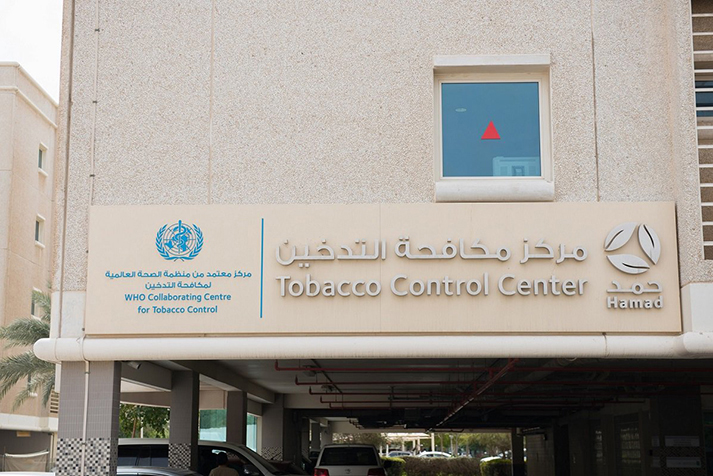The Primary Health Care Corporation (PHCC) in Doha, Qatar, has seen great success with their smoking cessation services, as revealed by a recent study published on the SpringerLink platform. The study, conducted by experts from PHCC, aimed to analyze the effectiveness of the smoking cessation program offered by the organization. It was found that a significant majority of individuals who sought help from PHCC health centers to quit smoking were able to successfully kick the habit. The study highlighted the importance of smoking cessation services in both the short and long term, especially for high-risk groups such as young people, Arabs, and individuals with higher incomes and education levels.
The research, titled “Investigating the socio-demographic characteristics and smoking cessation incidence among smokers accessing smoking cessation services in primary care settings of Qatar, a Historical Cohort Study,” shed light on the background, characteristics, and success rates of individuals who received assistance from smoking cessation services in Qatar’s primary healthcare centers. A sample of 490 participants was recruited through simple random sampling from those who attended smoking cessation clinics at PHCC, providing a comprehensive view of smoking cessation outcomes. The study found that initially, 63.5% of participants successfully quit smoking after receiving smoking cessation services, with significant differences in cessation rates based on nationality and educational level.
However, the study also revealed that while a large number of participants initially quit smoking, a significant portion experienced a relapse and resumed smoking within 6 months of completing the cessation program. The relapse rate increased over time, with 38.7% of participants resuming smoking at 24 months and 51.1% at 36 months. Ultimately, after 42 months, 45.8% of participants were able to maintain their non-smoking status. The study highlighted the need for ongoing support and monitoring for individuals who have successfully quit smoking to prevent relapse.
In Qatar, the prevalence of smoking among the population surveyed in the STEP-wise survey was 16.4%, with a significantly higher rate among men compared to women. The Smoking Cessation Clinics at PHCC play a crucial role in helping individuals quit smoking, offering effective counseling and medication to support tobacco cessation. The clinics are managed by physicians who are trained and certified in treating tobacco dependence, providing accessible support for individuals looking to quit smoking. Access to these clinics can be obtained through physician referral or by calling 107 directly to schedule an appointment.
Globally, smoking and its associated health implications remain a major public health concern, with 1.3 billion tobacco consumers worldwide causing 8 million deaths annually. The success of smoking cessation programs, such as those offered by PHCC in Qatar, is essential in combatting the harmful effects of smoking and reducing tobacco-related deaths. By providing effective support and resources for individuals looking to quit smoking, organizations like PHCC are helping to improve public health outcomes and reduce the burden of tobacco-related diseases in the population.











